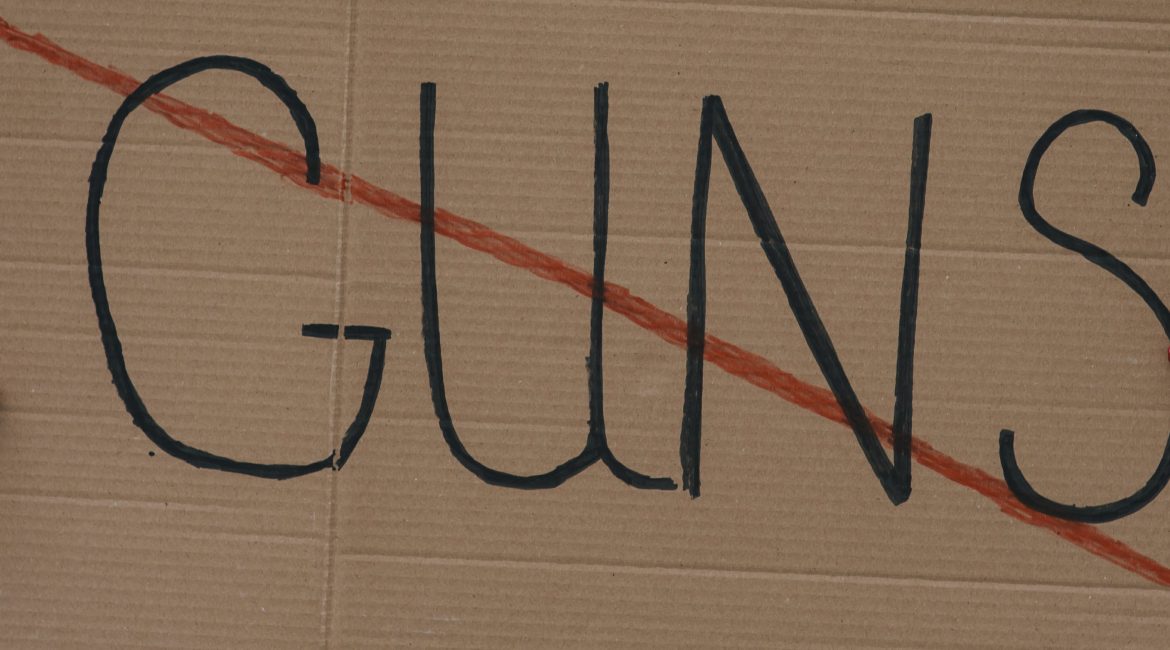Tensions are rising in Lebanon, and with them, political tensions, following the Lebanese government's decision to limit the possession of weapons only to the Lebanese authorities. This is happening amid a regional climate, particularly in Lebanon's immediate neighbourhood, that is increasingly tense, with a potential for escalation open to all. This has an impact, although indirect, on the situation in Lebanon, as long as Lebanon has always been a prisoner of its geographical location.
The decision by the Lebanese authorities constitutes a fundamental step, or rather the most fundamental step, towards reactivating and strengthening the logic of the state at the expense of the logic of what we call "de facto authority" in light of the federalism of political sects that controls the political reality in Lebanon.
The exclusivity of the decision of war and peace in the hands of the Lebanese authorities, constitutes the fundamental condition for a return to the logic of the state. This logic has been absent or obscured for nearly five and a half decades, albeit to varying degrees and in various forms, and has been seized by various Lebanese and foreign parties, directly or through their Lebanese allies, and under various pretexts. The Taif Agreement, drawing on the lessons of previous wars and establishing a new and different phase in Lebanon, emphasized the necessity of extending state authority over all Lebanese territory.
As a reminder, prior to the liberation of May 2000, Lebanese armed resistance was normal and enjoyed broad and strong national legitimacy and support. The 2006 war waged by Israel was was a response to the kidnapping of Israeli soldiers by Hezbollah. Afterwards, the Hamas support war launched in 2023 provided Israel with the pretext for a new destructive war against Lebanon.
Despite the solidarity-based and humanitarian Arab stance toward Gaza, Lebanon should not have been dragged into this war, which serves strategic objectives at the regional level, for which the Lebanese people have paid and continue to pay the price.
The current crisis, following Hezbollah's sharp rejection of the government's arms monopoly decision, and its reliance on the Iranian position on this matter, places Lebanon before scenarios that can be listed as follows:
First: Slipping into a civil war is unlikely, even if some skirmishes occur on the ground, because none of the Lebanese political parties has an interest in that, since everyone will be a loser in this war.
Second: A political crisis based on the resignation of the Hezbollah and Amal ministers from the government, which would, of course, significantly reduce the political and practical ability to implement the arms monopoly decision. The country would then enter an open crisis, undoubtedly accompanied by attempts at containment, appeasement, and the search for a "possible settlement" that would save everyone's face and allow them to return to negotiations.
Third: Entering into a dialogue within and through the government, facilitated by “friendly and concerned countries” that offer some guarantees to those seeking them, to prevent a major political explosion. In doing so, parties will enter into a game of postponement, which also carries tensions that are susceptible to escalation, containment, and reduction on the difficult path to a solution.
The second or third scenarios may push toward a new "Doha agreement", under the auspices of external parties, some of which are old and others new. In this context, new understandings would crystallize, even if the roles and positions of the concerned Lebanese parties changed. This could facilitate the implementation of the arms exclusivity decision as part of a comprehensive package of solutions.
In short, Lebanon is at a crossroads today, and the fear lies in wasting more time before achieving a path back to statehood by reclaiming its most important responsibilities and attributes: the ability to decide on war and peace and the exclusive control of arms. Wasting more time increases the cost of rebuilding the state's role in its various national tasks, from politics to the economy and society, which is in the interest of all Lebanese components. However, the necessary condition for this lies in the state's restoration of its role and the basic national responsibilities.

